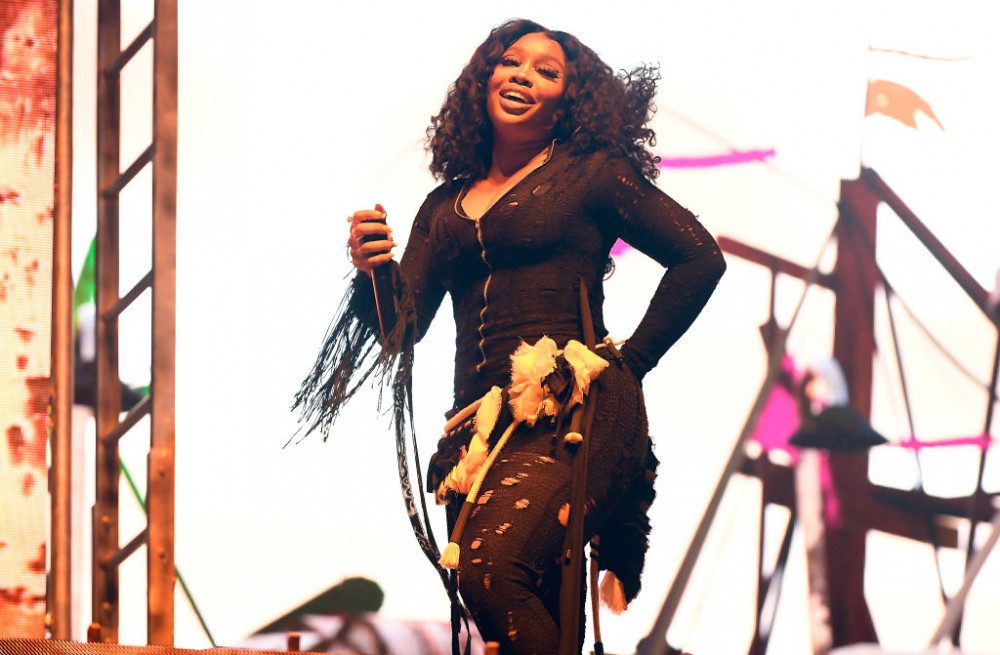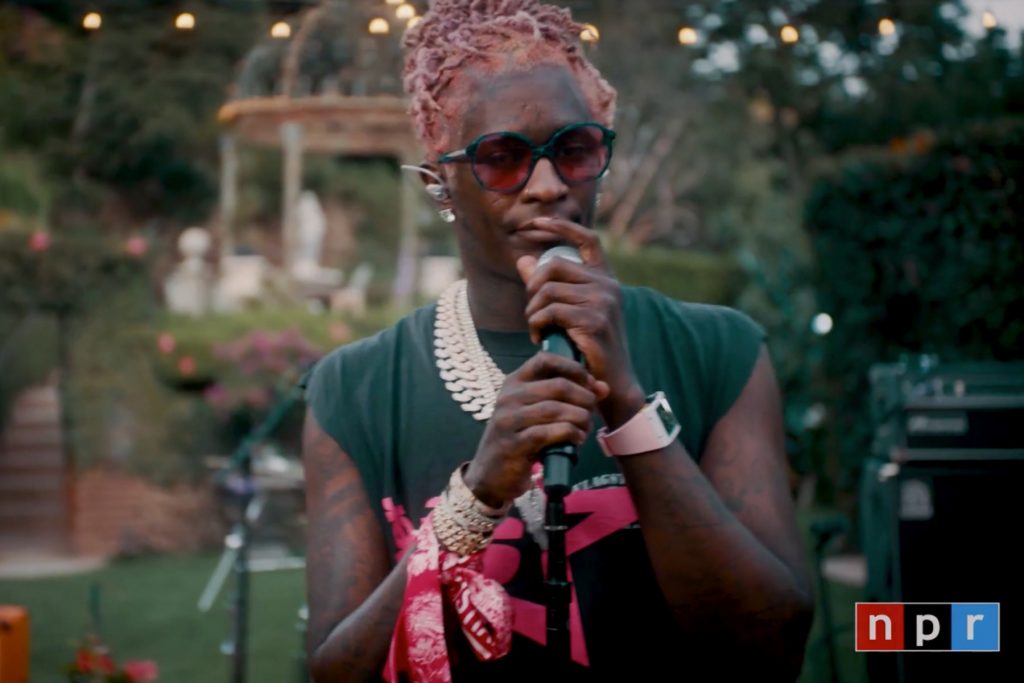
‘Jesus, Bob’: How Some Musicians Feel About Being Dissed by Dylan in ‘Philosophy of Modern Song’
As a longtime Bob Dylan admirer who even caught one of his shows in the Sixties, Chris Frantz of Talking Heads was happy to pre-order a copy of The Philosophy of Modern Song, Dylan’s quixotic collection of essays on more than 60 songs. But when Frantz arrived at the second entry, about Elvis Costello’s “Pump It Up,” he was taken aback to read that, in Dylan’s words, “Elvis Costello and the Attractions were a better band than any of their contemporaries. Light years better.”
“When I read that, I just thought, ‘Jesus, Bob,’” says Frantz, whose band were new-wave peers of Costello’s. “’I understand you dig Elvis Costello, but did you have to put it that way?’”
Dylan’s book — sly, wily, sometimes proudly pulp-fiction musings on music, songwriting, the touring life, marriage, protest songs, polygamy, and sundry other topics — has been enlightening and perplexing to anyone who’s read it since its release earlier this month. That applies to some of the musicians whom Dylan raves about or, like Joe Satriani, besmirches in its pages.
In a chapter on Hank Williams’ “Your Cheatin’ Heart,” for instance, Dylan praises the no-frills musicianship of the country classic: “Each phrase goes hand in hand with the voice.” But he adds, “If Hank was to sing this song and you had somebody like Joe Satriani playing the answer licks to the vocal, like they do in a lot of blues bands, it just wouldn’t work and would be a waste of a great song.”
Satriani, a Grammy-winning, extremely dexterous guitar hero who has certainly played his share of solos, wasn’t aware of the ding until RS pointed it out to him. He takes some comfort in the name-check. “Bob Dylan knows my name?” Satriani asks, but adds, “I think the great Hank Williams and I could have sorted things out and made some great music together.”
In the writeup of “Pump It Up,” Dylan lauds the eclectic music Costello has made since the Seventies and calls the song “among his very best.” But that’s not before he writes that Costello’s music during those early years “exhausted people.” (Costello was unavailable for comment.) According to Dylan, there were “too many thoughts, way too wordy. Too many ideas that just bang up against themselves.” He also surmises that Costello “obviously had been listening to Springsteen too much” when he recorded “Pump It Up.”
Dylan, however, doesn’t seem to have been listening to many women while writing the book. Of the 66 songs he dissects, only about a half-dozen are sung or co-written by women: Cher’s “Gypsies, Tramps, & Thieves,” Rosemary Clooney’s “Come On-a My House,” and Nina Simone’s “Don’t Let Me Be Misunderstood,” among them.
But Dylan raves about…Perry Como? The family of the crooner, who died in 2001, couldn’t have been more startled when RS informed them that Dylan called Como’s version of “Without a Song” “downright incredible.” Dylan writes: “When he stood and sang, he owned the song and he shared it and we believed every single word.”
“It was wonderful that Bob Dylan remembered Perry Como as the dedicated musician that he was,” Terri Como Thibadeau, Como’s daughter, tells RS. “Wow, Bob Dylan! Thank you.”
For his part, Frantz admits he got “a bee in my bonnet” about Talking Heads not being acknowledged in Dylan’s nod to the new-wave era. Frantz first voiced his displeasure a few days ago on Facebook, posting, “With all due respect to the Attractions and to drummer Pete Thomas in particular, I’d like to say to Bob something he once said to a buddy of mine: ‘Suck a dick.’”
Frantz says his own dig was a reference to a friend who went to a Dylan show in the Eighties, saw the singer in a parking garage afterward, and chased after him (“Mr. Dylan, Mr. Dylan!”) to compliment him. As Frantz heard it, “Dylan turned around and looked at him and said, ‘Do I know you? No, I don’t know you. Suck a dick.’”
Then again, it’s also possible Dylan is a Heads fan. According to Frantz, Dylan was in the audience when Talking Heads played a show in St. Paul, Minnesota, in the Eighties, and the band was invited to his house afterward for a party. “We said, ‘Great!’” Frantz recalls. “They gave us directions to a house somewhere in the suburbs of Minneapolis. This is before GPS, so it took us a while to find it. We knocked and this woman came to the door and said, ‘Hello?’ We said, “Bob invited us to come. We’re Talking Heads.’ And she said, ‘Oh, Bob’s already gone to bed.’”
“I’m not trying to pit the Heads against any of the bands of that era,” Frantz says. “There were so many good bands then, and I spent many nights at CBGB and saw a lot of superior performances. But I would say to Bob, ‘How can you make such a sweeping generalization?’ I think it’s a very good book — despite that one chapter.”





